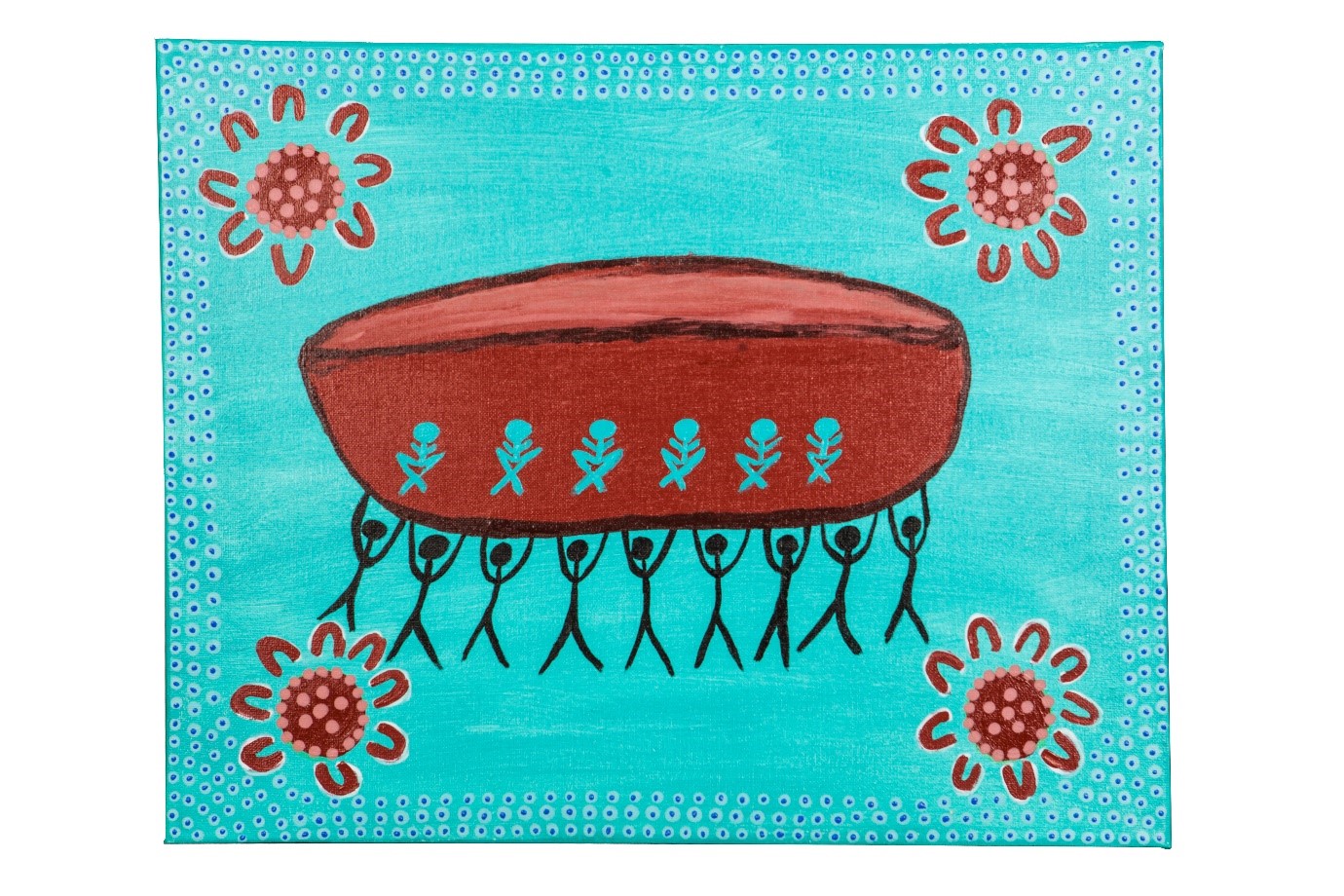Search






Research
Ngulluk Koolunga Ngulluk Koort (Our Children, Our Heart) ProgramBrings the Aboriginal community(s) of Perth together with service providers & policy makers to improve outcomes for Aboriginal kids and their families.



Wesfarmers Centre of Vaccines and Infectious Diseases HDR Scholarship
he Wesfarmers Centre’s Higher Degree Research (HDR) Scholarship is awarded to candidates of exceptional research potential undertaking a higher degree by research at an Australian university.
